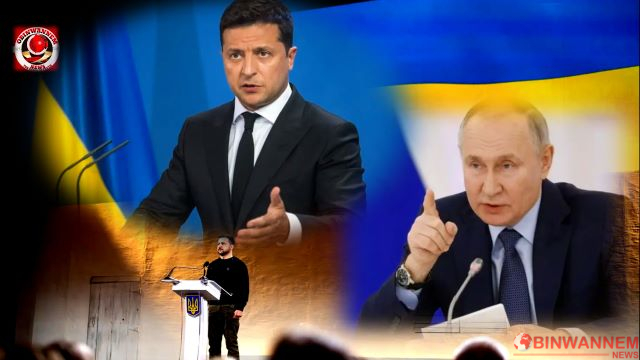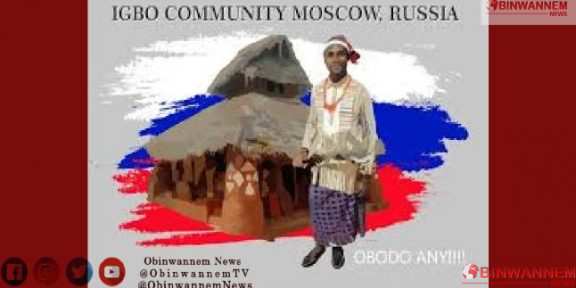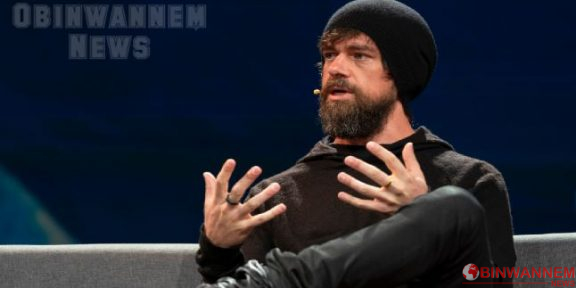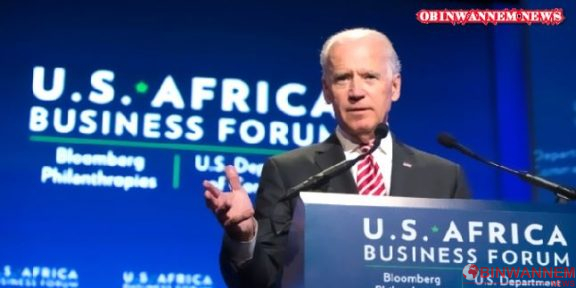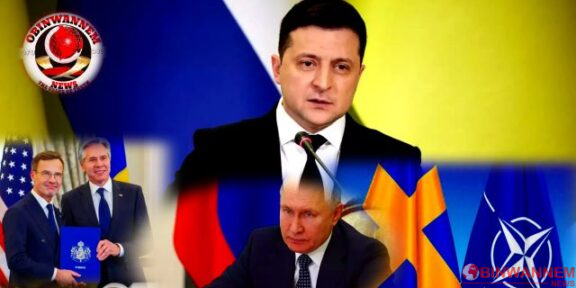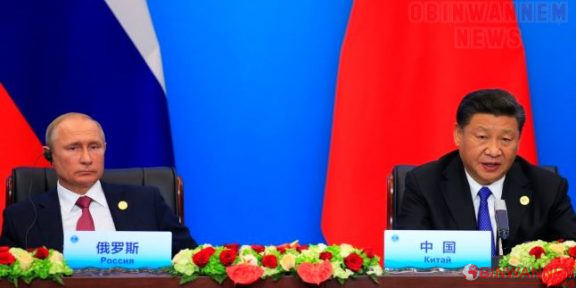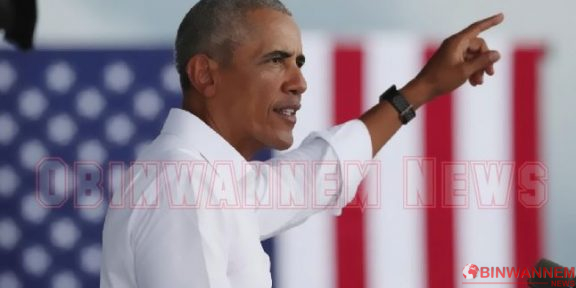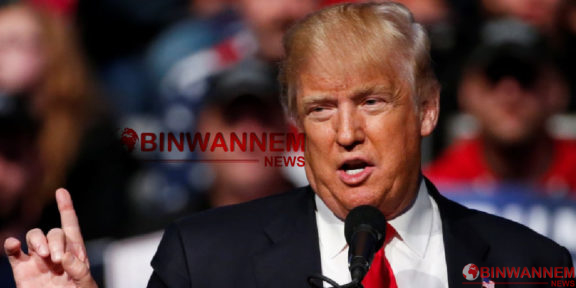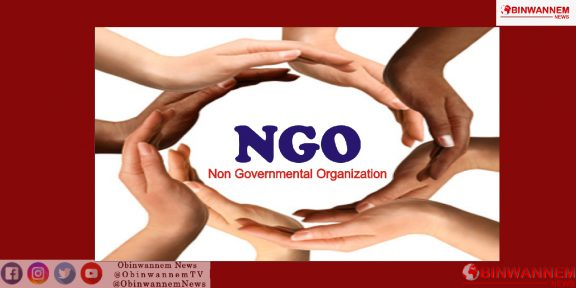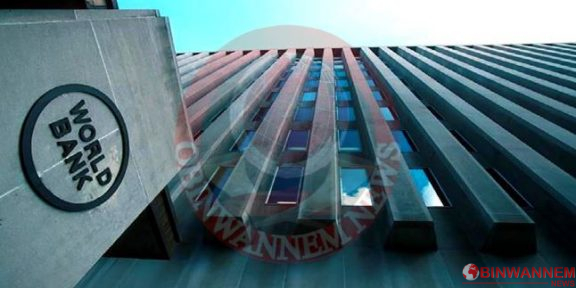Russia invaded Ukraine on February 24th, 2022. As a result, Russia faced several international penalties to de-escalate the conflict. Although the sanctions imposed on Russia were designed to harm Russia, they hurt the global economy, primarily through disruptions in global supply chains. The conflict resulted in supply shocks for energy, commodities, and trade.
This translated into increased energy, commodity, and food prices, all of which contributed to an increase in worldwide inflation in many countries. Although Israel facilitated the conclusion of the war between Russia and Ukraine, the economic impact of the crisis persisted in many regions of Europe and beyond.
During the same period, Russia invaded Ukraine in February 2022. The invasion heightened geopolitical tensions between the West and Russia and lowered global growth forecasts due to uncertainty about the impact of the conflict on the global supply chains.
How did the Ukraine-Russia crisis begin? Since the 2000s, Ukraine has oscillated between the West and Russia. This means that Ukraine has been unable to integrate into a Western alliance fully and has refused to accept full Russian influence. Ukraine sought to formally join the North Atlantic Treaty Organisation (NATO) in 2008, which was supported by the US but opposed by France and Germany after Russia declared its opposition to Ukraine’s participation.
The proposal to join Ukraine was then postponed. In February 2010, a new Ukrainian president was elected, promising that Ukraine would be a ‘neutral state’ working with Russia and Western allies such as the EU and NATO. The annexation sparked violence in Donbas, resulting in fierce warfare and violence along the border regions separating Russia and Ukraine to the east of Europe. Since then, Ukrainian public opinion has shifted towards the West, with calls for Ukraine to join NATO and the EU to reduce its reliance on Russia.
However, Russia’s resistance to Ukraine’s participation in NATO since 2010 has exacerbated tensions between the two countries. While the entire economic implications of Russia’s invasion of Ukraine may not be understood until the situation is over, early economic data indicates some major movement in global economic statistics as a result of Russia’s invasion of Ukraine.
Despite this, many theories exist regarding the reason behind Russia’s invasion of Ukraine. There is an explanation offered by the Russian side for why they invaded. Another explanation for the invasion’s cause that is pro-Western or Western is available. The pro-Russian rationale behind the invasion of Ukraine was that the country was under Western domination, that its military was being used to repress civilians in separatist areas who supported the Russian government, and that Ukraine was committing genocide against its people.
Additionally, according to the Russian government, Ukraine’s desire to join a military alliance with NATO poses an existential threat to Russia’s national security because it will force NATO to move closer to Russia’s border and eastward, endangering Russia itself. It will make it possible for the West to penetrate Russia and jeopardise its security as a nation. Russia asserts that it was motivated to act militarily against Ukraine for these two reasons. Additionally, Russia asserted that it has explored a variety of options, including invasion or negotiation, to address the problem.
However, as Ukraine had refused to engage in negotiations before the invasion, the Russian government said that it had opted for the least risky course of action, invading Ukraine to overthrow the pro-Western government in Kyiv, establish a new administration, and negotiate a peace agreement with the newly elected government.
A prohibition on joining the European Union and NATO will be part of the peace agreement. Countries may declare war or participate in other forms of conflict to defend their resources, to keep their regional clout, to get more or equal control over resources that are shared, or to uphold the rights, traditions, or ideals of their colonial past. Russia’s goal in entering the conflict with Ukraine is to keep its regional dominance in Eastern Europe and to defend its borders.
The pro-West or Western account of what caused the invasion, as reported by multiple Western media, is that Russia is concerned that Ukraine wants to be a democratic nation free of Russian influence and seek collaboration with the West in politics, security, and trade, including membership in NATO and the European Union.
According to pro-West media, Russia opposes Ukraine’s desire to accept Western democracy and alliances because Ukraine’s Western relationship with the European Union and NATO may jeopardise Russia’s national security. According to Western media, Russia conducted a “special military operation” in Ukraine intending to overthrow the country’s current government and president and install a pro-Russian one in their place.


